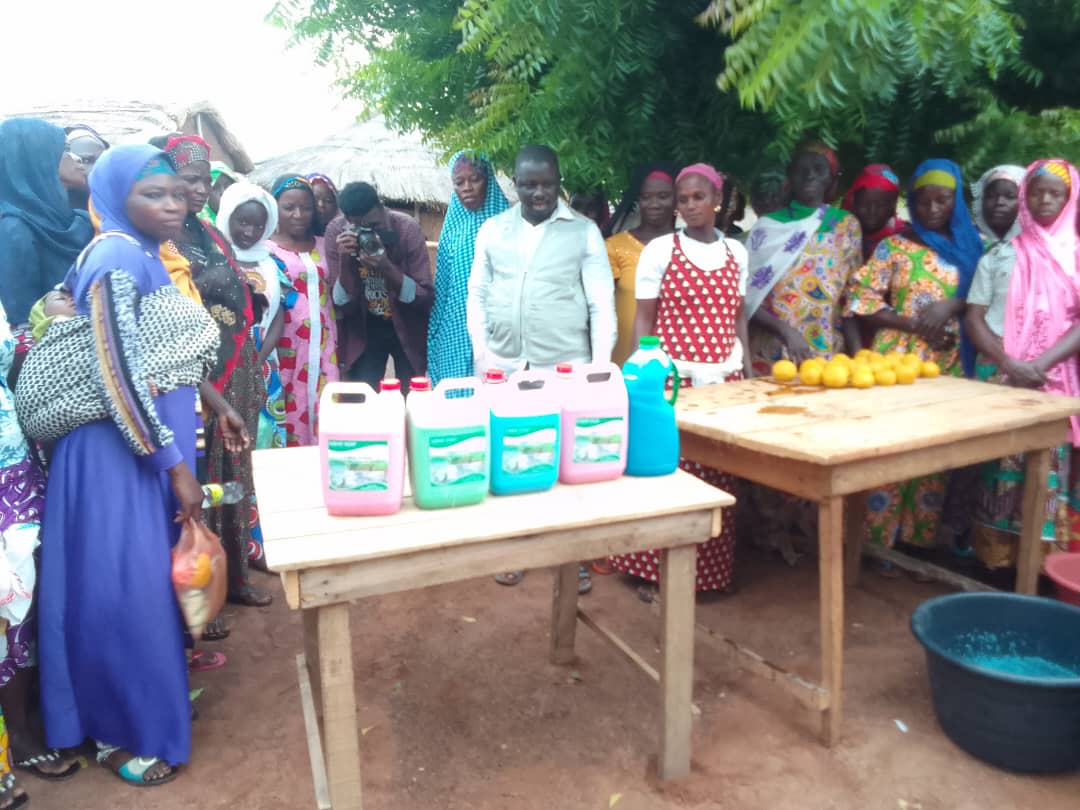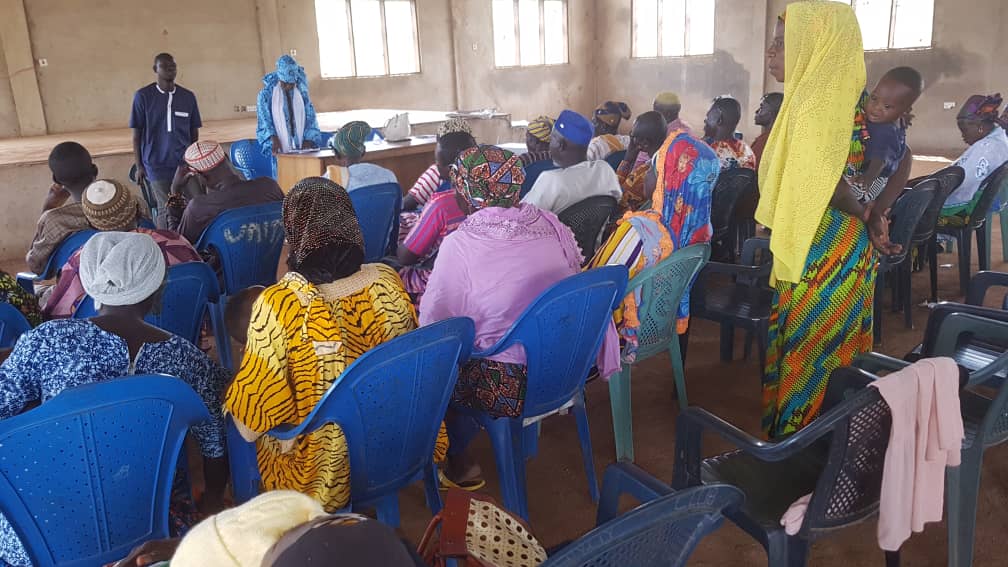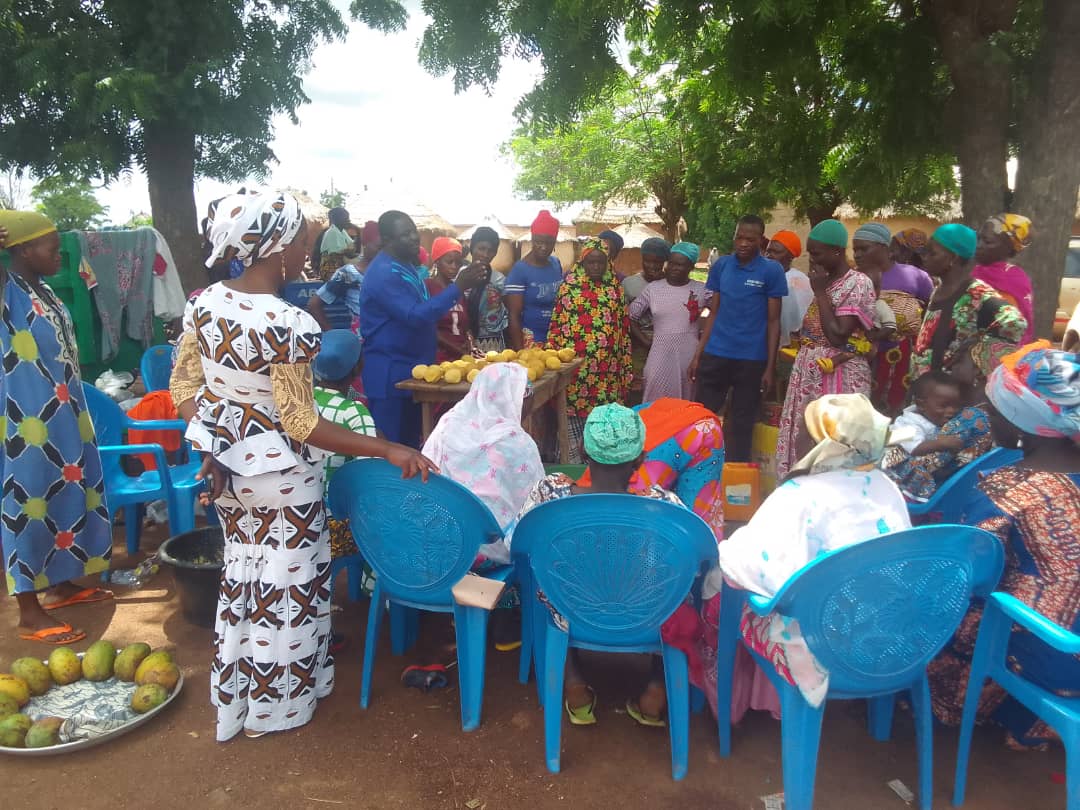As an NGO committed to promoting quality health for all, CIWED-Ghana team, as part of the implementation of the PAI project conducted a net-mapping exercise with some key players and influential actors who have influence on and access to issues and matters concerning health at the community and district levels. The exercise was conducted on two separate days for Savelugu and Nantong and at different times for select community and district level stakeholders.
NANTONG
The exercise was conducted firstly in Nantong at the district assembly on Tuesday, 22nd August, 2023 for the community leaders (opinion leaders, assembly members), state actors (health workers, district assembly workers, social welfare unit and other relevant actors at the district level) and the youth. Different net-maps were formed at the end of the day, each representing the power-play and the relationship between the various district level actors in health with regards to three (3) key issues, thus information, advice and money. The net map was a tool develop by the UN to conduct stakeholder engagement to get the necessary inputs and contributions from the relevant actors for advocacy or policy formulation purposes. The session at Nantong started with an opening prayer and discussions commenced ranging from the participants identifying the relevant actors in the health sector who can influence health outcomes in the district, the next was to identify how the actors are linked to each other in terms of information, advice and money and the third was to identify or rank them based on their power and influence in health issues at the district level. For the first engagement (community opinion leaders), eight (8) actors were identified (18) actors were identified in the second engagement (state actors). This shows the difference in perspectives of the groups engaged in the session. The most commonly identified stakeholders were; the GHS, NGOs, Traditional authorities, religious leaders and the District assembly. The net maps formed in Nanton didn’t see the mention of the media as a key player with regards to health information access and dissemination in the community and this in the analysis of CIWED was due to the unavailability of a radio/media station in the Nantong district. The power play was also with some community actors such as the chiefs and religious leaders who were considered very important and powerful actors in health information access and dissemination, however health advice only came from the GHS and the NGOs operating in health. Money as well was seen coming from the NGOs to all other actors and from the GHS to health volunteers at the district level.
SAVELUGU The net-mapping exercise for Savelugu was conducted on Thursday, 24th August, 2023 at the forecourt of the Fire Service department, Savelugu. Again, the various stakeholders in attendance were; the community leaders, state actors and some select community youth. The discussions were facilitated by Mr. Danaa and he started all sessions by briefly



